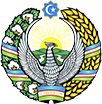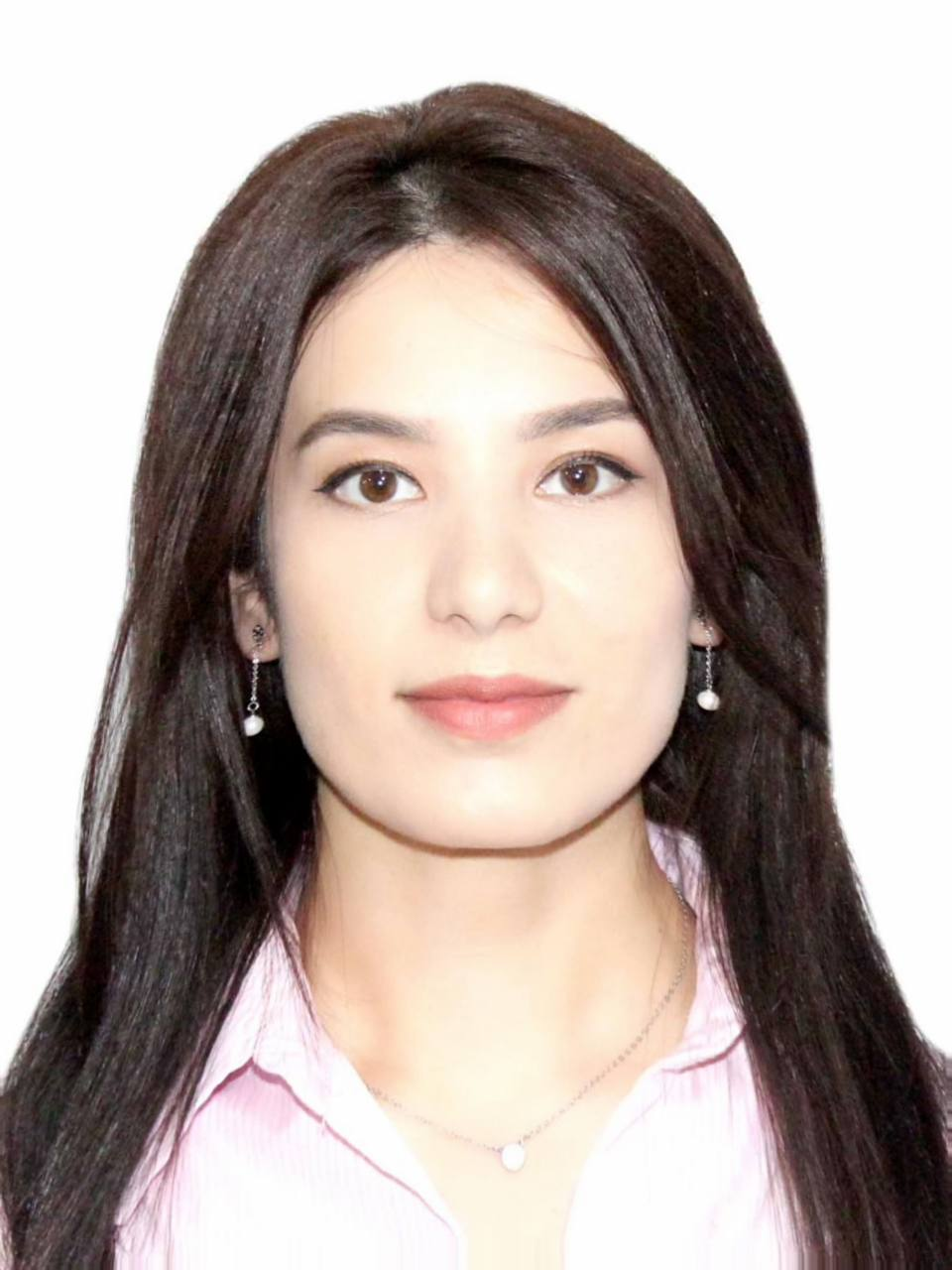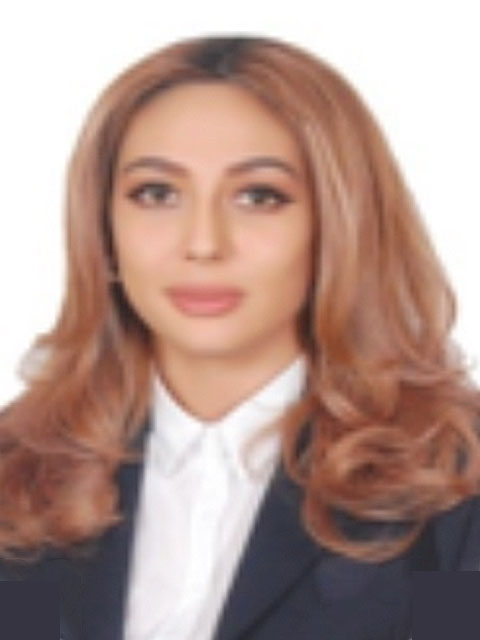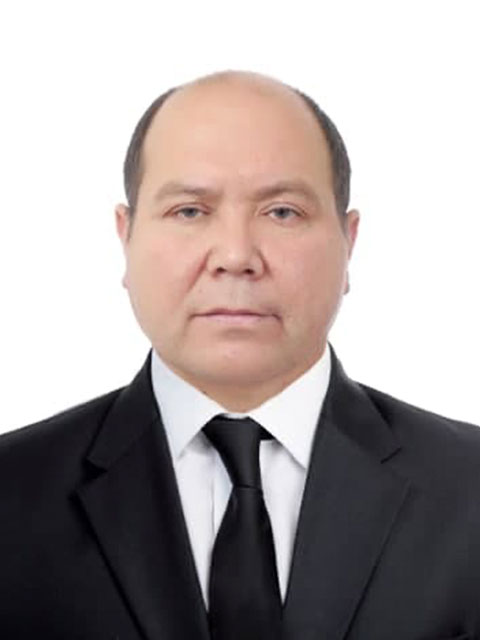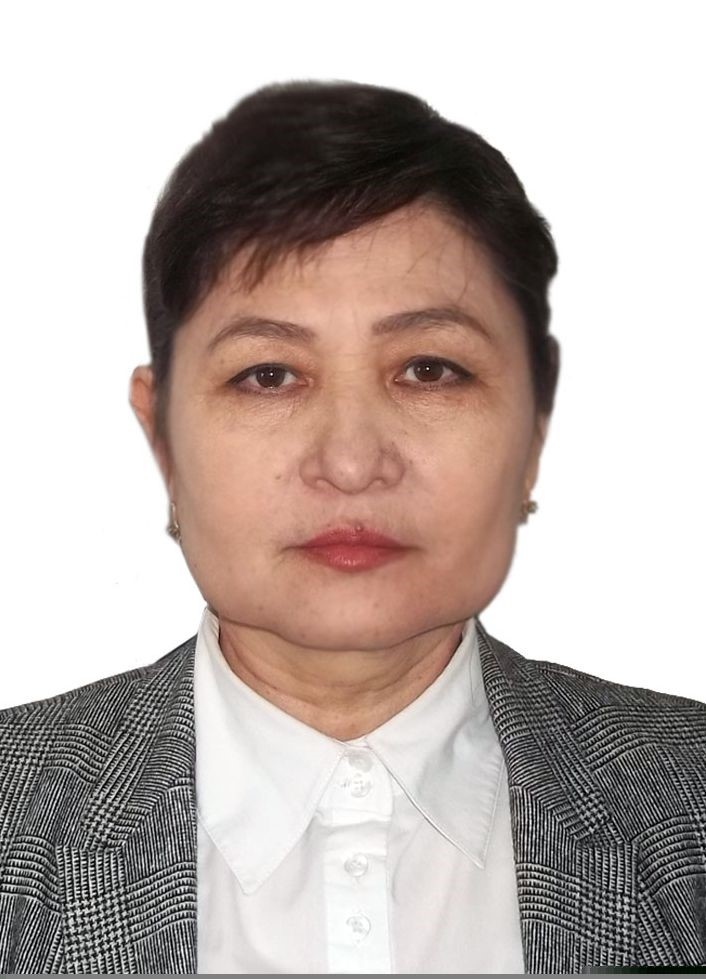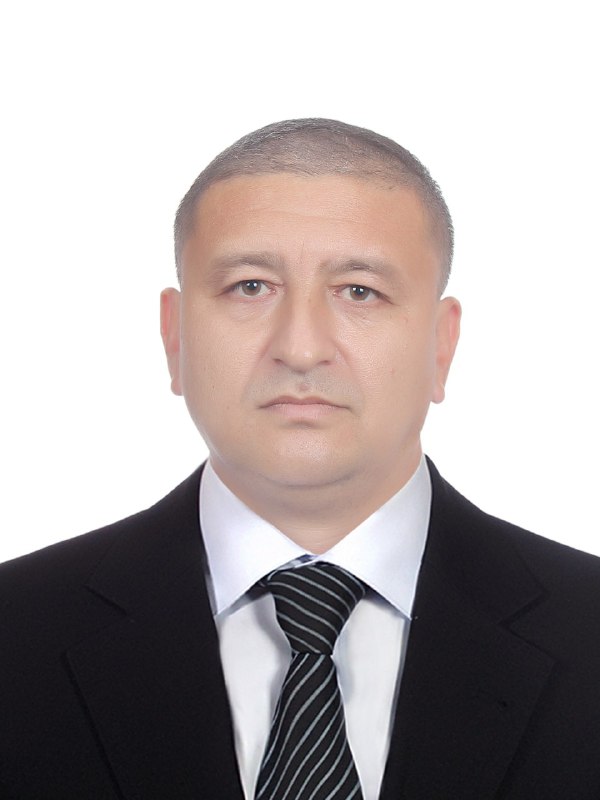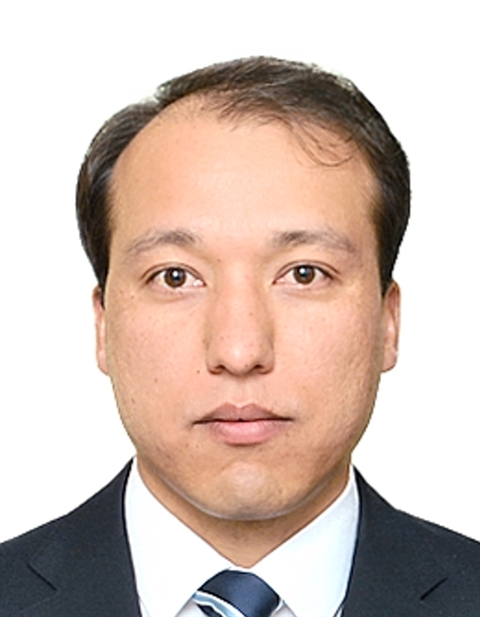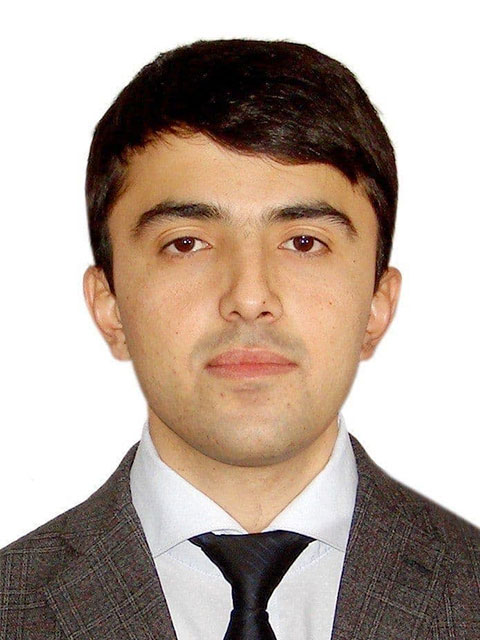

- Электронная библиотека
- E-university
- Дистанционное обучение
- Расписание занятий
- Иностранному студенту
- Стипендии и гранты
- Центр оказания услуг студентам
- Street Law
- Академическая мобильность
- Зарубежные профессора
- Тренинги и майнер курсы
- Клубы и кружки, мастер-классы и фестивали
- Задать вопрос
- Способы борьбы с коррупцией
- Образовательные гранты
- Toshkent davlat yuridik universitetida kiyinish tartibi
Студентам
Toshmatov Oybek Shokirovich
Darajasiz
Статьи
IMPACT OF INNOVATIVE MODERN TECHNOLOGY IN TEACHING LANGUAGES IN UZBEKISTAN
The article deals with the process of teaching languages by means of modern technologies in
Uzbekistan. Recently, the modernization of the learning process has forced every teacher to look for such
pedagogical technologies that could interest students, motivate them to study the subject. Such technologies,
along with modern pedagogical technologies, include information and communication technologies. Modern
educators should be ready to constantly improve their skills and retrain, learn new educational technologies, and
a continuing education system should be ready to provide these processes, providing modern and popular
educational services. On this occasion, the article suggests some technologies which would be useful for further
development in teaching foreign languages.
The specifics of profesionally-oriented training in a foreign language for law students
Teaching EFL and ESP for Law. Activities and challenges during the covid-19 pandemic in Uzbekistan
In Uzbekistan, the COVID19 pandemic is part of the 2019 global coronavirus disease pandemic (COVID19) caused by extreme acute respiratory syndrome coronavirus 2. When the first case was confirmed on 15 March 2020, the virus was confirmed to have spread to Uzbekistan Uzbek citizens returning from France. Uzbekistan's Ministry of Health has a list of people who were in touch with the victim, with plans to quarantine them. Uzbekistan is one of a number of countries that have taken early, strict steps to prevent the virus from spreading sharply.
TEACHING ENGLISH TO STUDENTS JUNIOR COURSES OF LAW FACULTIES
At University law faculties, a foreign language is provided for 1 and 2 years of study for 2 hours a week. Group occupancy is the same as for all specialties (10-12 people). Given the relentless growth in the importance of foreign language proficiency in the legal profession, these learning conditions can be described as extremely difficult. Even the growing importance of the subject for professional training has not yet affected the improvement of these conditions. These circumstances complicate the solution of the two main issues that have always been faced by methodologists who study the problems of methods of teaching foreign languages at non-linguistic faculties in non-linguistic universities. The following article provides a detailed analysis of these issues.
The dialectal differenciations in the old and modern English
"Enhancing foreign langauge teaching in the continuous education"of the international scientific-theoretical and practical conference Uswlu
INGLIZ, FRANSUZ VA OʻZBEK SHE’RIYATINI TARJIMA QILISHDA QOʻLLANILADIGAN TRANSFORMATSIYALAR
Oʻzbek tiliga tarjima qilingan koʻpchilik asarlar bilvosita (koʻpincha rus tili orqali) tarjima qilingan. Bunda asliyatdagi ma’no va mazmun yoʻqolish ehtimoli mavjud. Bugungi kunda she’riyat tarjimasi va unda uchraydigan elementlar: qofiya, radif, raviy, turoqlar, hojib va boshqa unsurlarni tarjima tiliga oʻtkazish juda ham qiyin masala hisoblanadi. Ularni tarjima jarayonida qanday berish kerakligi, asliyatdagi qofiya, ma’no va mazmunni qanday saqlash kerakligi juda ham muammoli vaziyatni yuzaga keltiradi. Masalan, milliylikka xos soʻzlar kelib qolganida qanday qilib uni she’riy tarjimada aks ettirish tarjimonni biroz chuqur oʻyga toldiradi. Shuningdek, tanlangan mavzuning dolzarbligi, bir tomondan, tarjima qilinayotgan tilning, xususan, u tilda yaratilayotgan turli badiiy asarlarning ijtimoiy hayotimizga kirib kelishi, axborot almashinuvida tutgan oʻrni, fan va taxnika, adabiyot va san’at rivojidagi salmoqli hissasi bilan belgilansa, ikkinchi tomondan esa oʻzbek tilining mavjud imkoniyatlarini ishga solish, bu asosda toʻgʻridan toʻgʻri asl nusxadan tarjimani amalga oshirish va vositachi til xizmati harakatini oʻzbek tili doirasida minimal darajaga tushirish, vazn, qofiya, ritm, turoq, raviy va hokazolarni ta’minlanishini yuzaga kelishi bilan izohlanadi.
ВАЖНОСТЬ ОБУЧЕНИЯ СПЕЦИАЛИЗИРОВАННОГО АНГЛИЙСКОГО ЯЗЫКА ЧЕРЕЗ ЧТЕНИЕ ДЛЯ СТУДЕНТОВЮРИСТОВ

